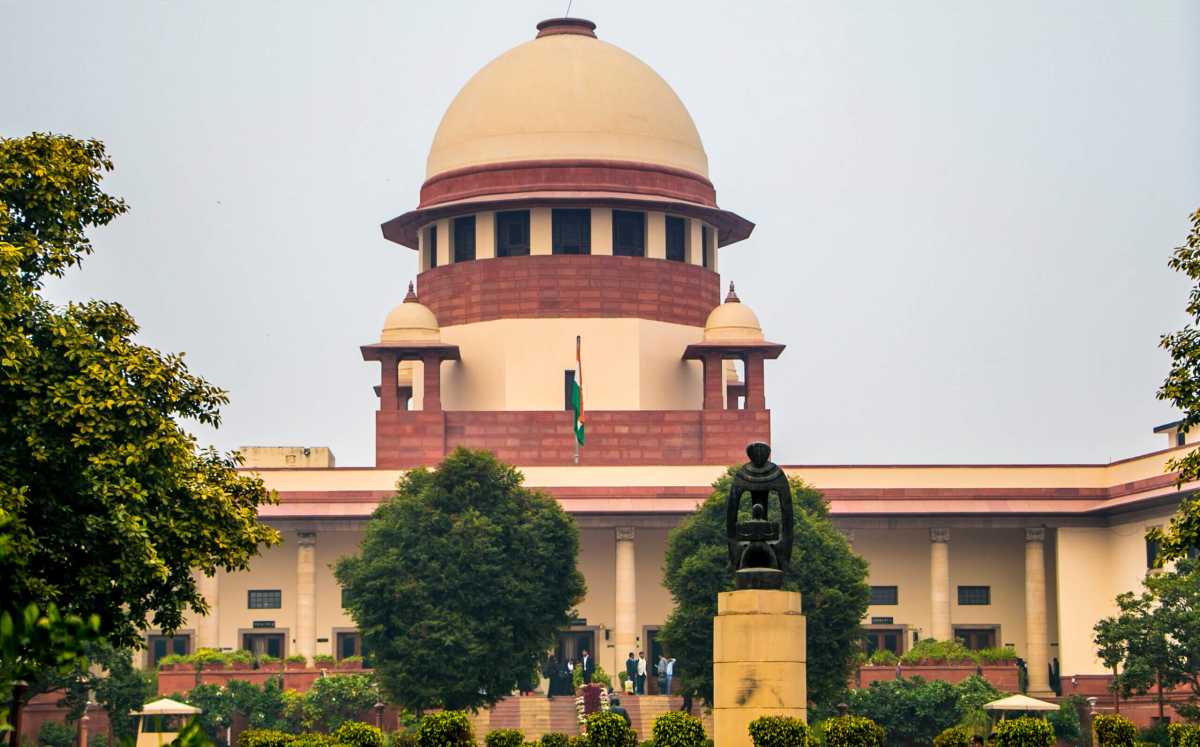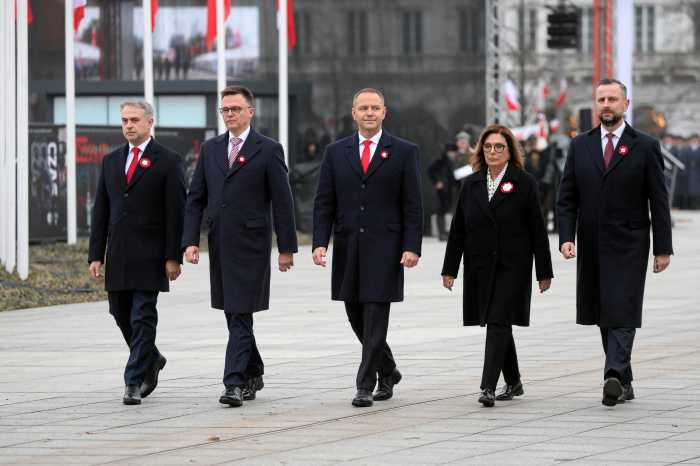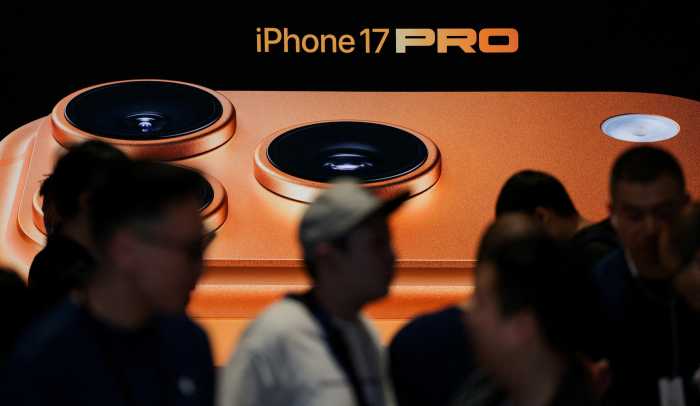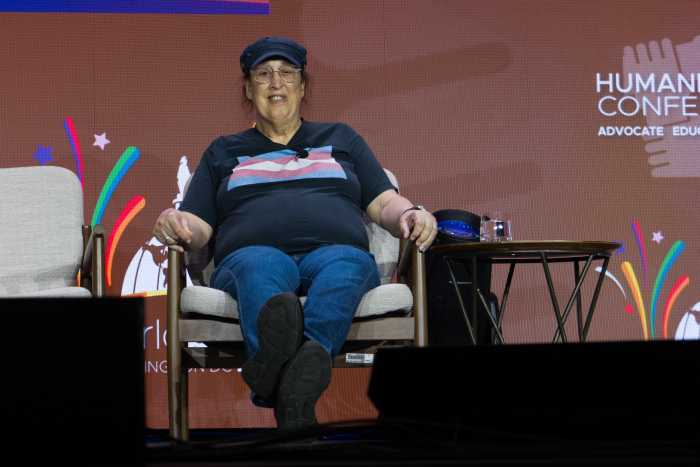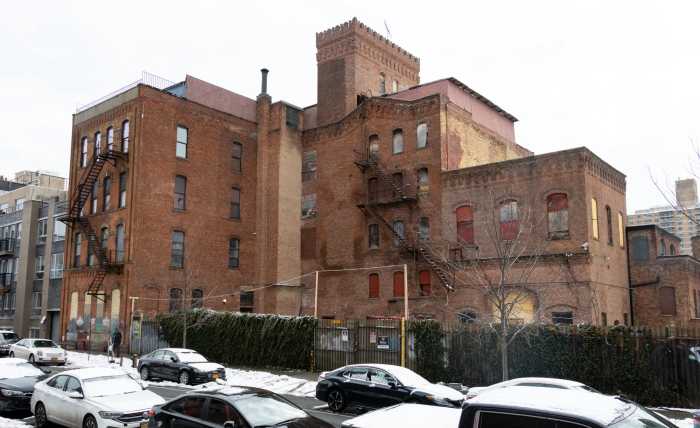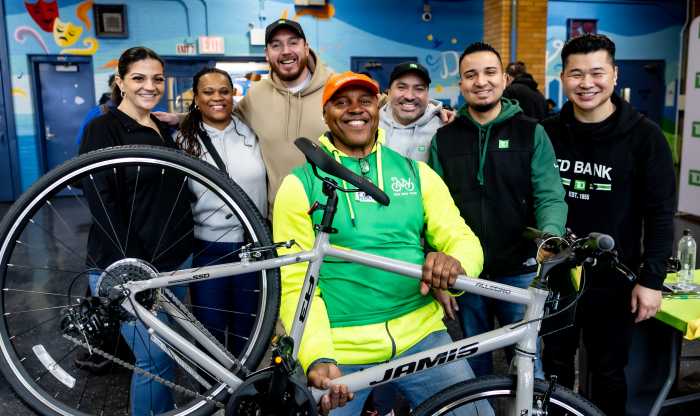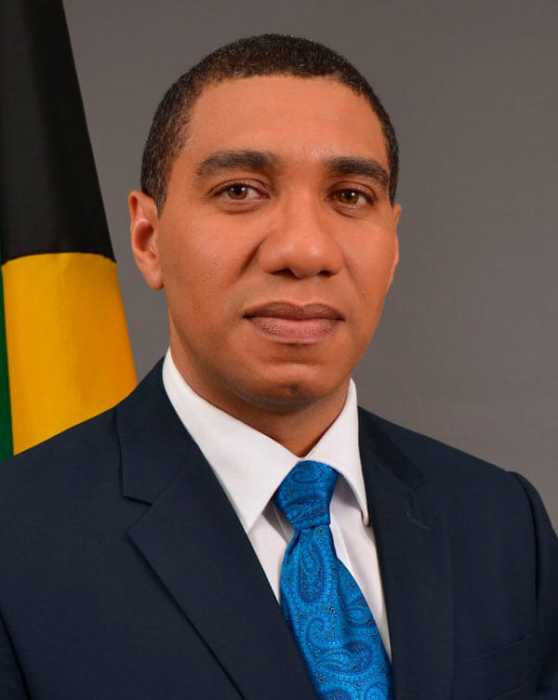India’s Supreme Court forwarded a case for same-sex marriage for a Constitutional review on March 13.
The three-judge panel, led by Chief Justice of India D.Y. Chandrachud along with Justices P.S. Narasimha and J.B. Pardiwala, recommended the same-sex marriage case to be reviewed by a five-judge Constitutional Bench in accordance with Article 145(3) of India’s Constitution after a hearing March 13.
In January, the justices brought four couples seeking marriage equality cases along with all lower court same-sex marriage cases under its jurisdiction and demanded a response from India’s Prime Minister Narendra Modi’s government and ruling party the Bharatiya Janata Party (BJP).
The plaintiffs believe they are being discriminated against by not receiving the same rights and benefits as straight married couples, such as managing each other’s health directives, buying property, inheritance, using an Indian surrogate to start a family, and other rights.
India’s former attorney general, Mukul Rohatgi, and openly gay lawyer Saurabh Kirpal are representing the plaintiffs. Saurabh Kirpal is the son of India’s 31st chief justice Bhupinder Nath Kirpal. India’s government rejected Saurabh Kirpal’s appointment as judge to the Delhi High Court in November 2022, citing his LGBTQ activism. The Supreme Court Collegium, which approved Saurabh Kirpal’s appointment in 2021, is urging India’s government to reconsider its decision.
Abhay Dang, 35, who has been with his partner, Supriyo Chakraborty, 32, for about 10 years and had a “big fat Indian wedding” in 2021, told the South China Morning Post that they feel unrecognized in the eyes of the law.
“I want to call Abhay my husband. That is important to me,” Chakraborty said stating he always wanted to get married.
Dang agreed, “We feel like we are the most important people in each other’s lives, but in the eyes of the law, we are like strangers.”
Businessperson Uday Raj Anand wants to marry his partner of 17 years, Parth Phiroze Merhotra, chief editor of India’s Juggernaut Books. They want to be legally recognized not only for themselves but their two children.
“We have a loving family with two wonderful children, and there is an indignity in not being recognized as a family in the eyes of the law,” Anand told SCMP.
Government officials responded the night before the case’s hearing, March 12, with a 56-page affidavit arguing against same-sex marriage. The government based its argument on tradition and cultural values. Most of India’s government officials believe that marriage is a right between a man and a woman that should not be changed.
Queer rights in India
LGBTQ rights have gained acceptance and momentum in the past 14 years due to the India’s Supreme Court. It started with the Delhi High Court striking down India’s colonial-era penal code, Section 377, which criminalized sodomy, which was used against mostly gay and bisexual men. The Supreme Court reinstated 377 in 2013 but struck it down in 2018. The court also expanded constitutional rights for LGBTQ people in that ruling. In 2014, the court granted transgender people non-discrimination protections and recognized a “third gender.” The court strengthened India’s privacy laws that also recognized sexual orientation as an essential attribute of an individual’s privacy and dignity in 2017. In 2022, the court expanded protections for “atypical” families recognizing single parents, blended families or kinship relationships, and same-sex couples.
Some felt that same-sex marriage was an impossible reach, especially after the Supreme Court rejected a marriage equality challenge in 2020, reported Bloomberg, but three years later, the impossible is appearing to be possible.
Despite some LGBTQ activists’ reservations, many Indian activists are hopeful and are counting the days until a final decision is made.
Ankit Bhuptani, LGBTQ rights activist and co-organizer at Queer Azaadi Mumbai Pride March, said in an email interview with Gay City News that “it is high time that India recognizes and acknowledges the queer culture and heritage of India and ensures that the LGBTQ+ community is given the legal rights and protection they deserve.”
“It is essential for the government to recognize and acknowledge this aspect of Indian culture, especially as they continue to push for progress and development in the country,” the 30-year-old gay man told Gay City News in an email interview. However, he believes that LGBTQ Indian activists shouldn’t be going after same-sex marriage due to India’s five complex marriage laws governing Hindus, Christians, Parsis, and Muslims (which is largely not codified), and the secular code, the Special Marriage Act.
Chandrachud was sworn in as the court’s 50th chief justice November 9, 2022, and also was one of the justices that repealed 377 has made several positive statements supporting the LGBTQ community.
He said such as a case involving an “interplay” between constitutional rights of life, liberty, dignity, equal treatment of members of the LGBTQ+ community members, and specific statutory enactments which considers only a married union between a biological man and woman, reported The Hindu.
“It is about an aspiration to realize constitutional rights and equal existence of LGBT community as other citizens,” he said, according to the Washington Blade.
In November 2022, two couples sued India’s government for same-sex marriage claiming discrimination at the Supreme Court. On January 6, the court consolidated cases from the high courts in Delhi and Kerala along with nine other same-sex marriage cases in the lower courts to its jurisdiction. The court notified India’s central government and scheduled the case’s first hearing for March 13.
The case also received support from an unlikely source, Mohan Bhagwat, head of Rashtriya Swayamsevak Sangh, a Hindu nationalist group that is the ideological parent of Modi’s party. Bhagwat recently recognized LGBTQ people as “a part of the Indian society,” agreeing with activists and historians that India has traditionally acknowledged the community.
Bhagwat’s statements were a departure from Modi’s Bharatiya Janata Party and could shift the government’s position.
According to the Ipsos 2021 LGBTQ+ Pride survey, nearly 60% of India’s urban population is comfortable with LGBTQ people being open about their sexual orientation or gender identity. More than 44% said they supported same-sex marriage more than public displays of affection (39%). The same isn’t true for more conservative rural parts of India, where being LGBTQ is still considered taboo and are subject to discrimination, harassment, violence, and so-called conversion therapy by family and community members and sometimes police.
Jayna Kothari, a gender-law expert who co-founded India’s Centre for Law & Policy Research, told Reuters in December 2022 that a decision on same-sex marriage is “inevitable” and would be decided swiftly in a “landmark moment.”
“The issue of marriage equality is likely to be decided at a hastened pace,” now that it was at India’s highest court, Kothari said. “A decision on same-sex marriage in the near future is inevitable. That will be a landmark moment.”
Final arguments for the case before the Supreme Court are scheduled for April 18. The hearing will be live-streamed for the public.

